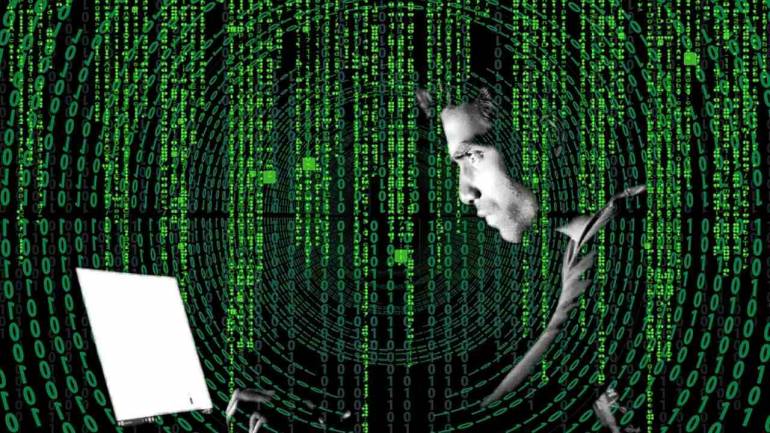The pandemic is proving to be the biggest cyber-security threat in the world during the world-wide lockdown as its theme is the single-most facilitator for cyber-attacks like phishing, and COVID-19 related links that people are likely to devour, as a result of panic.
Original Article-Money Control: Trishneet Arora
Coronavirus has confined the whole world to their homes, with only the work-from-home as the safest option for individuals and businesses. The pandemic is proving to be the biggest cyber-security threat in the world during the world-wide lockdown as its theme is the single-most facilitator for cyber-attacks like phishing and COVID-19 related links that people are likely to devour, as a result of panic.
Coronavirus has changed the socio-economic patterns and systems, some of whose effects are going to be long-lasting, in the time to come. As the pandemic is being fought by the world governments and authoritative bodies amidst the lockdown, the volume of the coronavirus-related e-mail threats forms the highest volume of cybersecurity threats. Cyber attackers are exploiting people’s fears and vulnerabilities, both psychological and digital. In order to guard against the same, the Chief Information Security Officers, or CISOs, will have to come up with new approaches involving yet-to-be planned strategies.
As the COVID-19 crisis is leading people to adjust professional commitments to personal ones, the coming weeks are likely to bring more uncertainty. While adhering to the cyber hygiene practices can go a long way in fighting the potential risks for organizations and individuals, cyber risks are going to be manifold on multiple levels with more risk-causing vendors evolving with more sophisticated social engineering tactics and technical expertise. This is the time of test for businesses’ and countries’ preparedness to deal with such attacks and strengthen resilience.
Coronavirus has shown that many companies are putting their businesses at risk by not taking serious security measures or are taking short cuts to maintain cyber safety. CISOs must keep in mind that Cybercriminals are trying their best, working overtime, planning strategies to leverage these uncertain times to further pose more threat to businesses and nations with their financial and political objectives, amidst the prevailing fear. There have been media reports about cybercriminals disguising themselves as WHO representatives to steal sensitive information and money. The organization had to issue an advisory to the public to verify the authenticity of such content before taking any action as a response to the same. With more sophisticated strategies of attacks by the shrewd hackers and criminals, CISOs are finding themselves in a situation where they need to implement security measures on an immediate basis, which usually takes months and years to plan. Companies are resorting to measures to keep business-critical functions in place while trying to maintain sufficient security.
Demand for video conferencing tools is shooting up, during the lockdown situation, which is the single most interface possessing potential and serious cyber threat vulnerabilities, ready to be exploited by criminals. With more and more organizations, especially small and medium enterprises facing scrutiny over their verification requirements, the way the world works is going to change significantly after the pandemic is over.
The way it takes a catastrophic cyber breach for an entity to start getting serious about improving cybersecurity and investing in the same, the coronavirus pandemic is going to make businesses and nations completely reset their strategies at work, especially in the remote-working situations.
Individuals, businesses and nations are going to reconsider their priorities, with more acceptability of Work from Home options and unprecedented concern and investment in cybersecurity, as security and safety will matter more than anything else, along with relationships. The coming decade will be a game-changing one for the cybersecurity industry, the world over.
The author is Founder & CEO, TAC Security, a cyber-security consulting firm.

